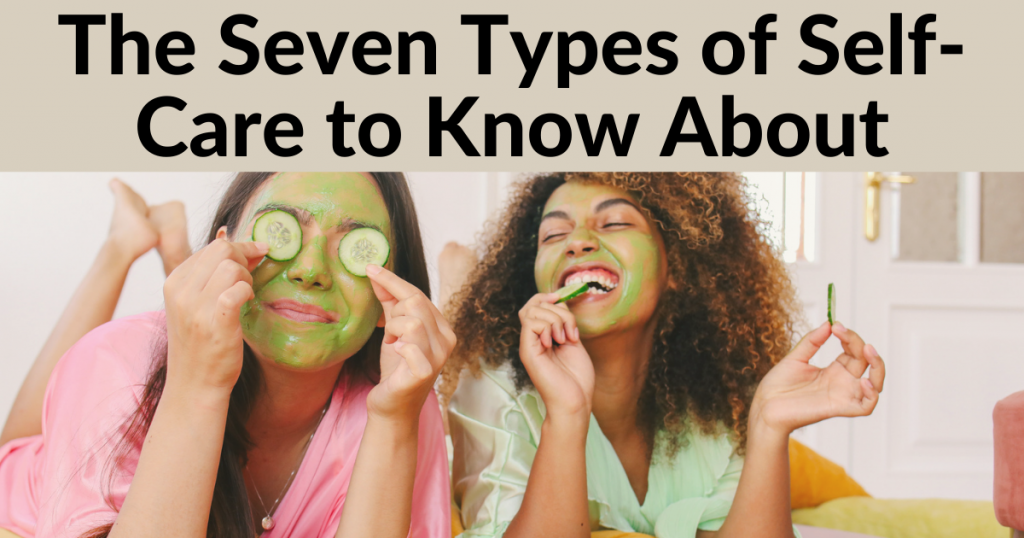 The Seven Types of Self-Care to Know About
The Seven Types of Self-Care to Know About
Did you know that self-care is more than just pampering yourself? It’s about looking into all the areas of your life and finding a balance between them. It is making sure you are living your life to your fullest abilities, needs, and desires. It is implementing daily habits and rituals that resonate with you to maintain happiness and fulfilling life.
Here are the seven types of self-care to know about for a well-rounded self-care plan:
#1: Physical
Anything that keeps you moving and nourishes your body involves physical self-care. It is staying active and physically fit while fueling your body with proper nutrition. Going for a jog, practicing good hygiene, staying hydrated, consuming appropriate foods, and making it a priority to get a full night’s rest are all examples.
#2: Mental
Anything that leads you to mental clarity and more consistent happiness can improve your mental self-care. Playing brain games to improve concentration, practicing self-compassion, self-acceptance, and asking for help when needed are a few mental self-care ideas.
#3: Emotional
This includes managing and understanding your emotions while balancing stress. It is about increasing empathy and self-compassion to live a happier and more well-rounded life. Establishing proper boundaries, putting your needs first before you offer too much help, and taking a moment to feel and understand your emotions are all things you can do to practice emotional self-care.
#4: Social
Social self-care includes getting involved with your local community, friends, loved ones, or anything that involves you with other people. Even those who are introverts want to communicate with others at some point. It allows you to gain different perspectives and fuels your motivation and creativity. Volunteering at a local soup kitchen or getting involved in local group activities are some ideas to get started.
#5: Personal
These are the things that interest you the most, like going to a movie or spa night or practicing your favorite hobby. Anything that makes you, you is personal self-care.
#6: Financial
Keeping up with your finances or bills and understanding your fiscal responsibility is a crucial part of your self-care plan. Many of the reasons people experience stress are due to money. However, the more you educate yourself and practice financial responsibility, the easier it is to manage.
#7: Professional
Working a nine to five hourly or aspiring to be an entrepreneur or business owner involves professional self-care. It is the goals you set to make a living in life to get the things you need and want to survive.
As you develop your own self-care plan, look into each of these distinct categories. Design questions that make you think and challenge yourself to ensure your needs are met and satisfied. If you take your time to look into these categories and find activities to improve, you are on your way to creating a well-rounded self-care plan and happier life.
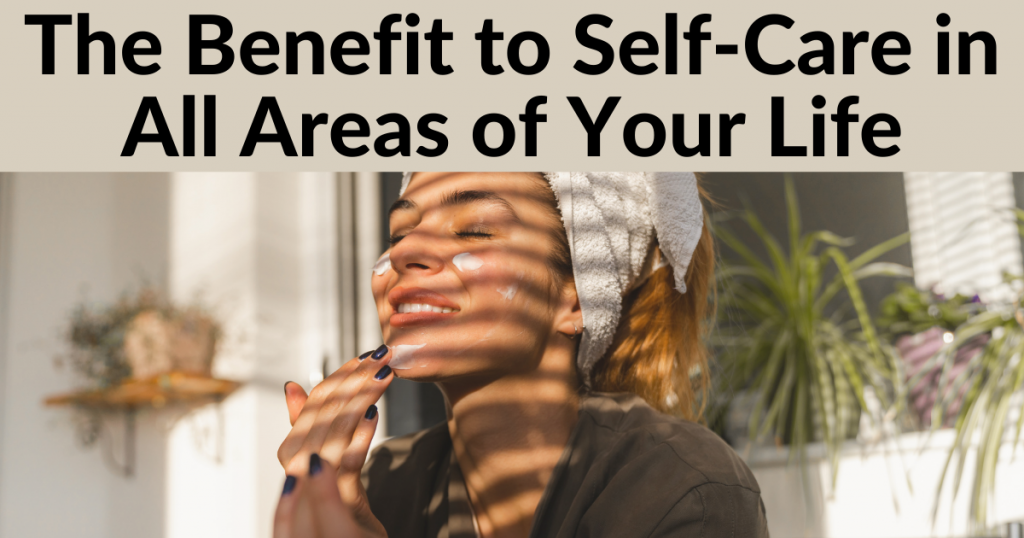 Important Benefits to Self-Care in All Areas of Your Life
Important Benefits to Self-Care in All Areas of Your Life
If you are having trouble adding self-care to your daily routine, you are likely unaware of the benefits self-care can bring to all areas of your life. Self-care is more than making sure you have certain tangible things or spa days. It is far from just being self-indulgent. Instead, self-care is about taking care of yourself to be healthy and happy. Through this, you achieve many benefits that can have a positive ripple effect on your overall life.
The following are the important benefits to self-care and why you should make it a priority to all areas of your life:
Better Self-Understanding
It is easier to achieve more from life when you know who you are and what you want. This is exactly what self-care does. It allows you to better identify what makes you happy to live a more fulfilling and healthier life. The more you know what makes yourself tick, the more clarity you will have to make the right decision to go after your goals.
Improve Relationships
Being in tune with yourself, staying active, and following a healthy diet will strengthen your relationships. When everything else in your life is well-balanced, you can give your loved ones the love and attention they need to prosper too. Understanding yourself more means you won’t let others keep you down either. When you’re fully mindful and healthy, you will know to include yourself in your life or exclude yourself from your life without guilt.
Financial Stability
Self-care brings more financial stability as it allows you to be fully aware of your strengths, weakness, and life responsibilities. It’s about not ignoring what has to be done to live a safe, healthy, and prosperous life. Every adult needs money to live, and learning more about it gives you the tools to do better in the long run.
Mental, Emotional, and Physical Well-being
The point of self-care is to find a balance between all areas of your life. This brings less stress and lifts the mental fog needed to make the right moves and actions each day. The more balanced your emotional, physical, and mental health is, the easier life becomes in general as you no longer struggle to see the right answer.
Be sure to add proper self-care to your daily life if you want to reap these benefits. You are more likely to feel lost, insecure or confused about life if you don’t take a moment to be more mindful and give your body and soul what it needs to prosper. Implementing proper self-care allows you to live with more clarity and happiness as your mental, emotional, and physical well-being improves.
The Difference Between Self-Care and Selfishness
A far too common misconception about self-care is that it is greedy, self-indulgent, or selfish. However, self-care is far better than assuming that others are only here for you and that they or you don’t deserve personal care in all areas of life. You can’t expect happiness to come from other people, it has to come from you.
Implementing proper self-care is vital to achieving happiness. Self-care is simply living your life as healthy as possible to provide sustainable happiness and long life. So don’t be victim to this common myth and avoid the self-care you need to achieve a happier and healthier life.
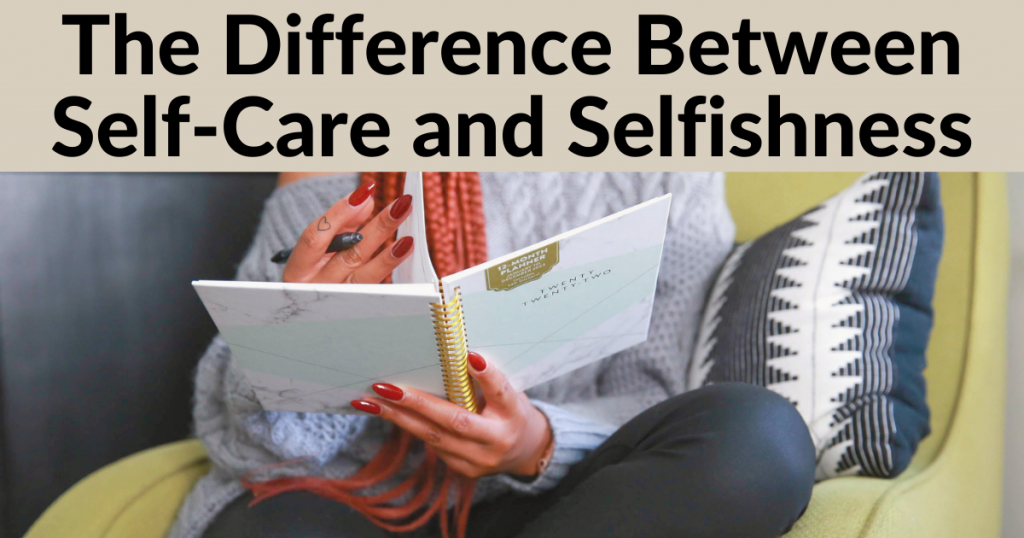 Here are the crucial differences to know between self-care and selfishness:
Here are the crucial differences to know between self-care and selfishness:
Self-Care Is Personal but Not Self-Serving
In other words, the purpose is not to take from others in order to benefit you. It is simply personal goals that allow you to grow and develop into the best person you want to be without harming or taking from those around you. On the other hand, selfishness outlines a desire to take from others to achieve your goals. Thus, with selfishness, someone comes out on top, while with self-care, everyone benefits.
Self-Care Is Generous, Not Transactional
Self-care includes having compassion and empathy for those around you. It’s about giving or helping those in need to socialize and bond with others and feel good, and have a sense of purpose. It’s about including time with others, not just only time for yourself. Selfishness is always transactional, to gain more while someone else receives less or only offers help in exchange for something tangible or worthwhile.
Self-Care is Strength, Not Uncertainty
Self-care is about building your self-confidence and being proud of who you are in all areas of life. Selfishness is rooted in insecurity. It’s looking at what everyone else has and expecting the world to offer it to you.
Self-Care is Happiness, Not Misery
Self-care is about achieving happiness. It’s installing habits that allow you to fulfill your full desires from life while being mentally, emotionally, and physically strong or healthy. Selfishness is dwelling and wondering why everyone else has what they don’t. It’s doing whatever you can only to ensure you get what you need and ignoring others around you, destroying relationships in its path.
Truly, there is no reason to support the idea that self-care is a selfish act. It is far from it. In order to live a long life with health and happiness, you must implement it. Not only will you benefit, but your friends, colleagues, and loved ones around you will too. Selfishness is about getting what you want regardless of how those around you are affected self-care is not. Self-care must include empathy, compassion, and generosity to succeed.
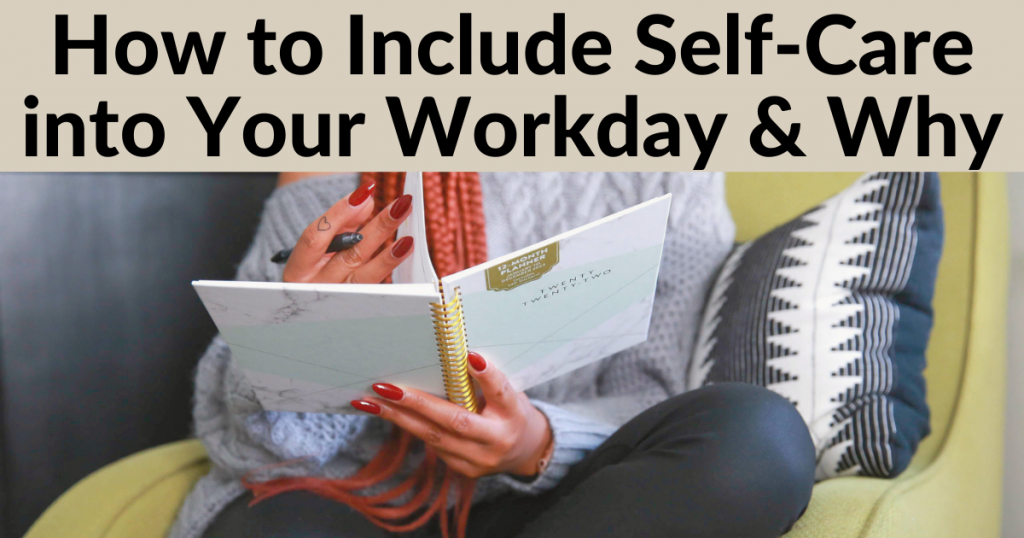 How to Include Self-Care into Your Workday and Why
How to Include Self-Care into Your Workday and Why
Unbelievably, self-care is not just for your home or a day at the spa. It should be implemented in every area of your life that you deem important. Meaning you should be adding proper self-care routines to the workplace too. It does not matter if you work in an office or at home. Designing self-care to-do lists specifically for your workday is essential to a happier and more prosperous life. If you skip it at work, you are more likely to skip it entirely.
The following are five tips to adding self-care to your workday and why it’s essential to a happier life:
Incorporate Desk Exercises and Breathing Techniques
Get moving while still working by doing exercises and breathing techniques at your desk or workspace. Just because you are at work doesn’t mean you can’t stay active. See if you can request a stand-up desk or invest in one yourself to keep yourself from staying too sedentary.
Follow a Proper To-Do List
Start each workday with a short and to-the-point to-do list. The more intentional you are with your actions, the more work you will get done. To-do lists allow you to keep better track and stay organized while giving you a clear objective to go after.
Optimize and Refresh Your Workspace Frequently
Make sure your workspace inspires you to work. Get rid of distractions or things that don’t involve the work you are doing. The more temptations you put in your way, the harder it will be to get back to work. This also includes the layout of your space and where it is located. If it is further away or cramped, you won’t feel as motivated to get to work.
Volunteer To Help More
If you have time, go ahead, and offer it, but if you don’t, you don’t have to feel pressured. Volunteering reflects well on your organization and gives you a moment to socialize with others in the office or business. Not only that, but it also feels good to help, especially when others least expect it.
Take Real Breaks
Learn to really disconnect from your requirements and actually take a break. Don’t use this time to check emails or catch up on your to-do list. Your brain must have time to relax so that you can re-energize and get back to work more efficiently.
Overall, self-care is not hard to weave into your workday. It’s finding the right moment and activities that offer balance. You can’t expect yourself to be “on” all the time, even during work hours. Small breaks, adding movement, socializing, and optimizing your workspace are key to a more fulfilling job and balanced life.




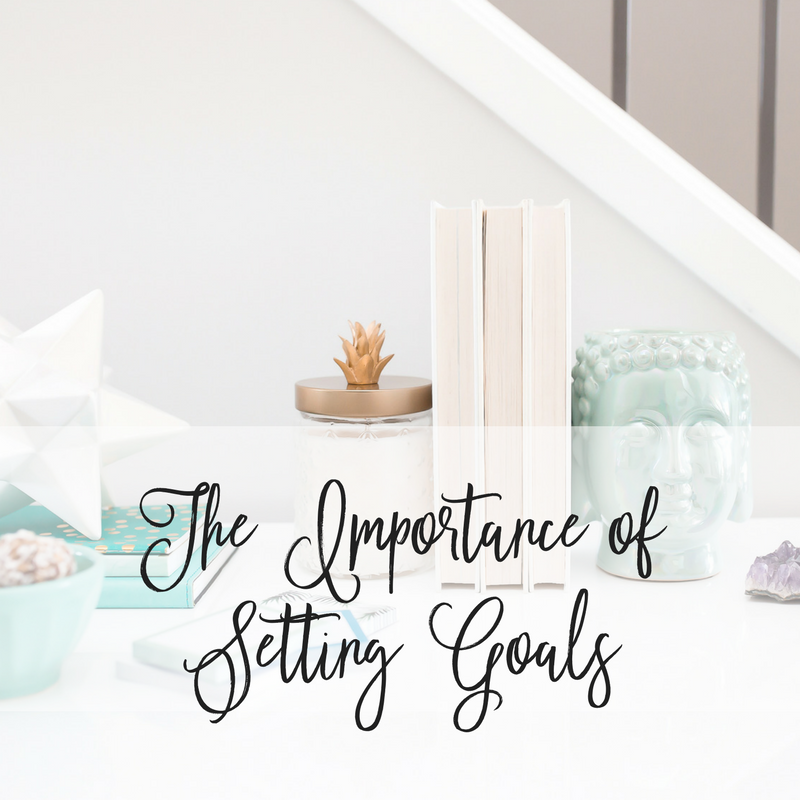
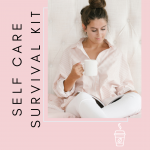
Leave a Reply